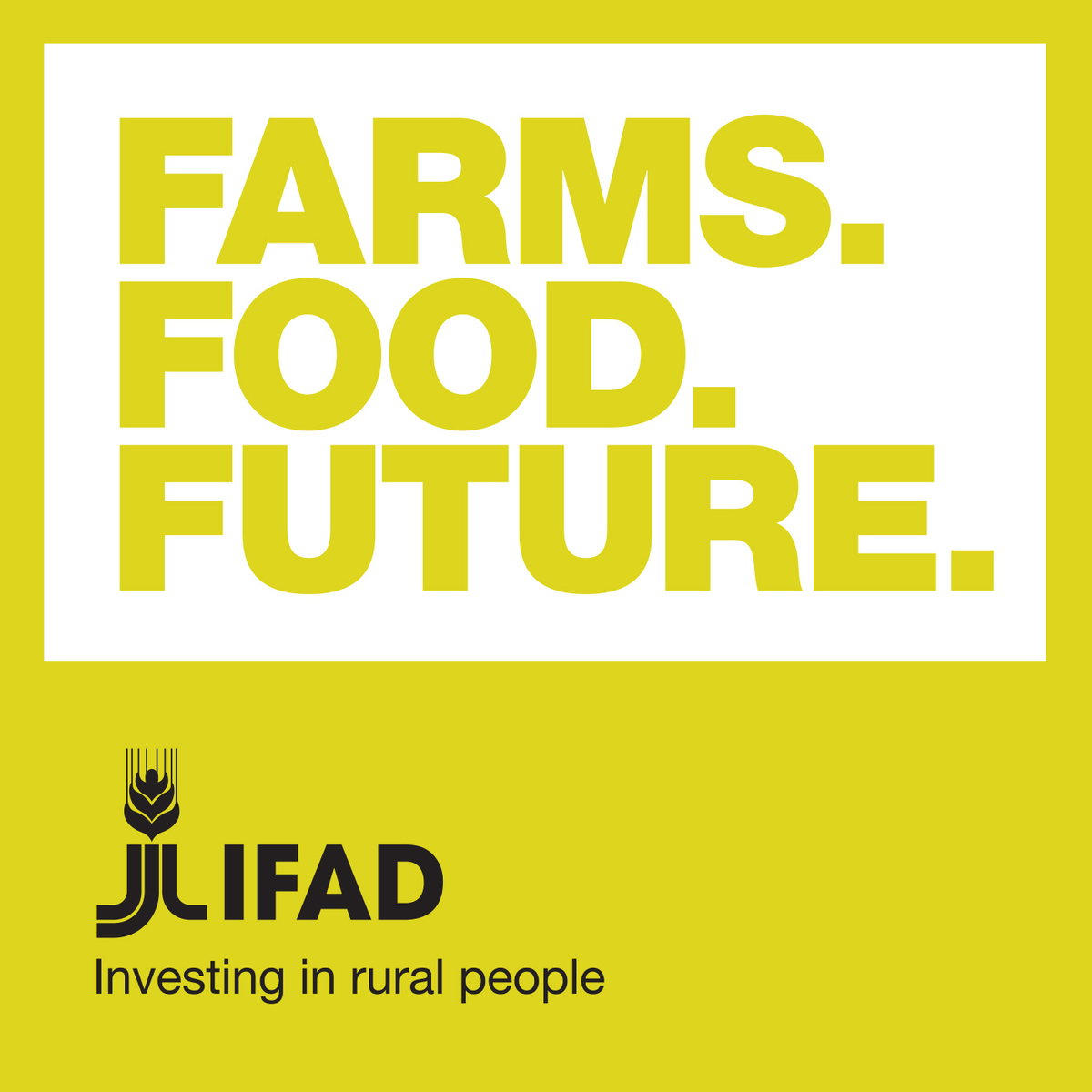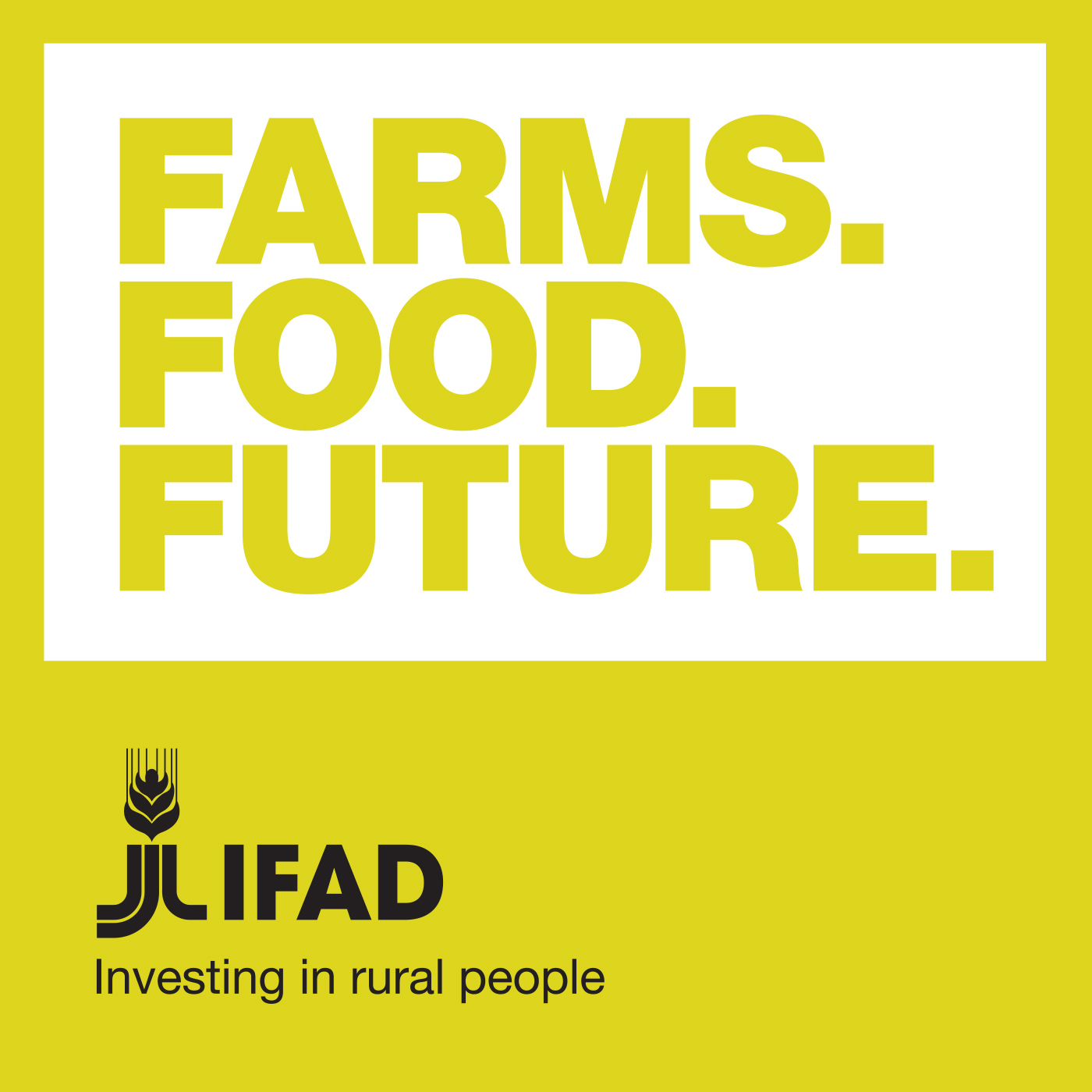Farming with pride for inclusive agriculture
Rural LGBTQ+ people face significant challenges and discrimination compared to their urban peers. But they are essential to building a more inclusive future for agriculture.
To mark Pride Month, we speak with members of the community about their experiences. Hear from LGBTQ+ farmers forging inclusive spaces in vegetable farming, beekeeping and beyond. We also pick up where we left off last episode as Alina Luana de Oliveira delves deeper into the fight against discrimination in rural Brazil
This is Farms. Food. Future – a podcast that's good for you, good for the planet and good for farmers. Brought to you by the International Fund for Agricultural Development.
For more information:
https://www.ifad.org/en/web/latest/-/podcast-episode-62
- Rock Steady Farm - Rock Steady is a queer owned and operated cooperative vegetable farm rooted in social justice, food access and farmer training.
- They Keep Bees - They Keep Bees is a LGBTQIA+ run business in Western Massachusetts. We tend bees in Western Massachusetts and on the central coast of Florida.
- La Via Campesina - La Via Campesina, founded in 1993, is an international movement bringing together millions of peasants, landless workers, indigenous people, pastoralists, fishers, migrant farmworkers, small and medium-size farmers, rural women, and peasant youth from around the world. Built on a solid sense of unity and solidarity, it defends peasant agriculture for food sovereignty.
- Queer farmer network - The QFN was conceived to build community among queer farmers and to reflect on and interrupt racist, capitalist, and heteropatriarchal legacies in Agriculture.
- humble hands harvest – a worker-owned co-operative growing food to celebrate this place - Humble Hands Harvest is a worker-owned co-operative farm. We grow 2+ acres of organic vegetables, grass-finished sheep, pastured pork, and fruit and nut trees. We distribute at the Winneshiek Farmers Market in Decorah; and through a Community Supported Agriculture (CSA) program for both our veggies and our meat. We found our long-term home in 2017 on Hidden Falls Road, 10 miles from Decorah, on ancestral Sauk, Meskwaki, Lakota, and Ho-chunk land, and began functioning as a worker-owned co-operative that same year.


